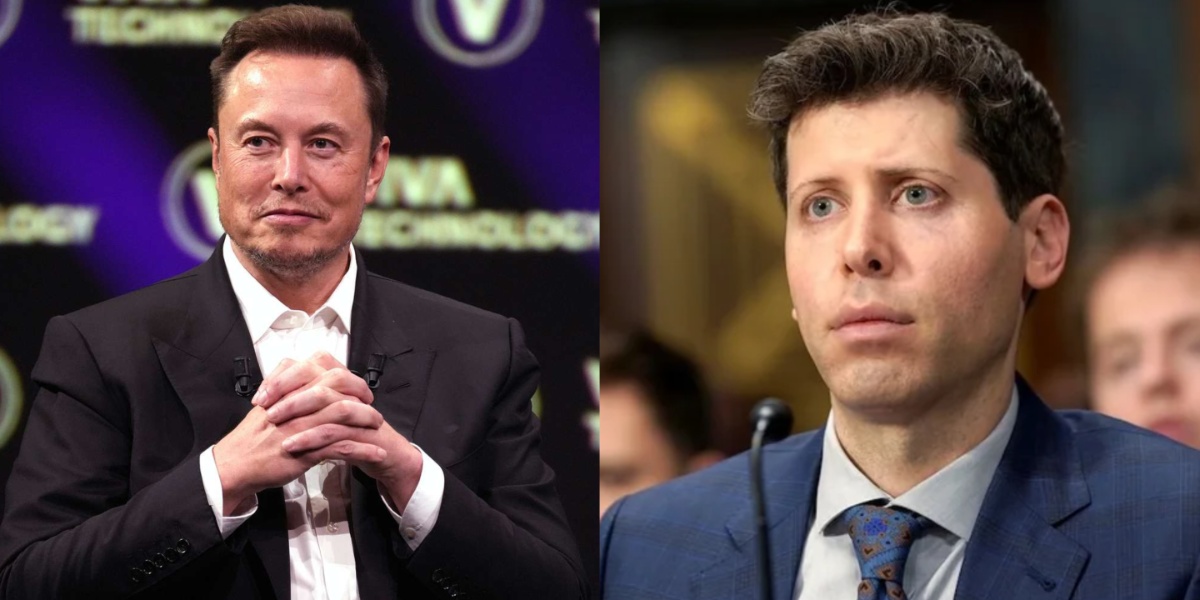Elon Musk filed a lawsuit against Sam Altman, the CEO of OpenAI, the company that makes ChatGPTs, claiming that he abandoned the startup’s initial goal of developing artificial intelligence for the good of humanity rather than for financial gain.
The billionaire’s long-simmering hostility to the business he co-founded, which has subsequently emerged as the face of generative AI in part because of Microsoft’s billion-dollar backing, culminated in a lawsuit filed late on Thursday in San Francisco.
Musk claimed a breach of contract, claiming that while Sam Altman and co-founder Greg Brockman had initially sought him to create an open source, nonprofit organisation, the 2015 venture is now primarily concerned with turning a profit.
Musk recounted the story of how OpenAI was founded, saying that the three men had decided to work on artificial general intelligence (AGI), which is the idea that robots may perform human-like activities in a way that would “benefit humanity” (as stated in the lawsuit).
Additionally, OpenAI would compete with Google, opens new tab, which Musk said was creating artificial intelligence (AGI) for financial gain and would present serious hazards. Rather, the complaint claimed that OpenAI “set the founding agreement aflame” in 2023 when it released GPT-4, its most potent language model, as essentially a Microsoft product.
Musk has requested a court order compelling OpenAI to release its research and technology to the public and prohibiting the startup from using its assets—including GPT-4—for Microsoft or any other person’s financial benefit.
In addition, the billionaire is requesting a decision that GPT-4 and a more sophisticated technology known as Q* would be deemed artificial intelligence (AGI) and would fall outside of Microsoft’s OpenAI licence.
The initial news on Q* and the cautions OpenAI researchers issued regarding a significant AI finding came from Reuters in November.
Elon Musk, the founder of Tesla, founded SpaceX, a new space and rocket company, and purchased Twitter for $44 billion in October 2022. He also resigned from the board of OpenAI in 2018 and has repeatedly campaigned for artificial intelligence legislation.
“We expect this will have 0 impact on AI development inside or outside of OpenAI, and would chalk it up to Musk seeking to get a slice of equity in a company he effectively founded but in which he holds no stake,” said Giuseppe Sette, president and co-founder of market research firm Toggle AI.
Following the startup’s boardroom conflict last year, which resulted in Altman’s abrupt removal and reappointment as well as the formation of a new temporary board, OpenAI’s partnership with Microsoft is being investigated for possible antitrust violations in both the US and the UK.
According to a Washington Post story published on Thursday, the startup intends to appoint new board members in March. Microsoft declared in November that it will have an observer seat on the board, with no voting rights.
Musk’s claims of breach of contract, which are partially based on an email exchange between Musk and Altman, may not stand up in court, according to some legal experts.











